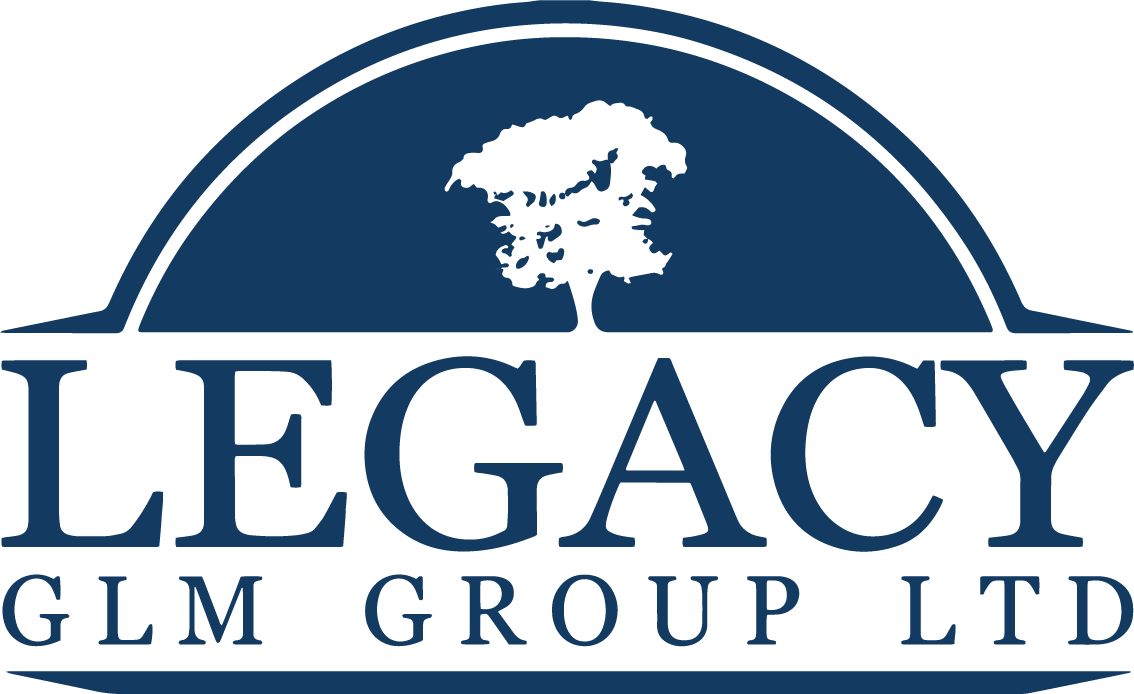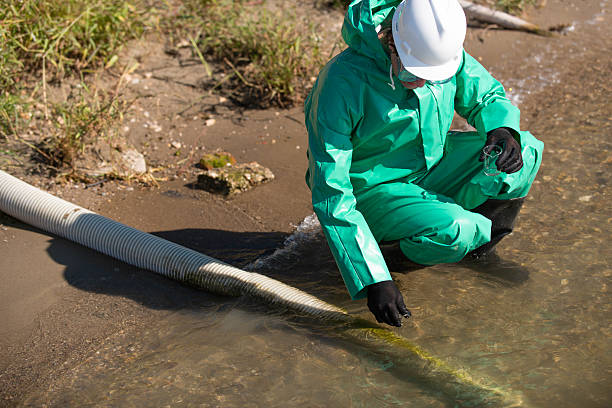
Water management & Legionella testing in commercial spaces are essential for keeping water systems safe, clean, and legally compliant. Businesses in Hampshire must regularly check their water supply to stop the risk of Legionella bacteria, which can cause serious illness.
Legionella is a type of bacteria that can grow in water tanks, pipes, air conditioning units, and any system where water stands still. If breathed in through mist or steam, it can lead to Legionnaires’ disease, a serious lung infection. This is why regular testing and proper water management are so important for offices, schools, care homes, and other shared buildings.
In the UK, businesses have a legal duty to make sure their water systems are safe. That includes testing for Legionella, keeping proper records, and having a control plan in place. A small mistake or delay can lead to health risks, costly shutdowns, and legal trouble.
In this guide, we will explain everything you need to know about water management & Legionella testing for commercial spaces. We’ll cover how testing works, why it matters, how often it should be done, and how a proper water safety plan protects your business and the people in it.
If you’re a landlord, business owner, or facilities manager in Hampshire, this article is your full guide to keeping your water systems safe, legal, and fully managed.
Why Water Management & Legionella Testing In Commercial Spaces Matters
Good water management & Legionella testing for commercial spaces is not just about ticking a box. It helps keep people safe, stops health risks, and makes sure your business stays within the law. Many people use the water systems in commercial buildings every day, so any problems can quickly affect a lot of people.
1. Protecting Staff, Tenants, and Visitors: If Legionella bacteria grow in your water system, people could become seriously unwell. Legionnaires’ disease is spread by breathing in water droplets from taps, showers, or air-con systems. It is not spread from person to person, which means the water system is the main source of risk.
People most at risk include:
- Older adults
- People with weak immune systems
- Anyone with breathing problems
By doing regular testing and managing water properly, you help protect the health of everyone in the building.
2. Meeting Legal Responsibilities: In the UK, The Health and Safety at Work Act and Control of Substances Hazardous to Health (COSHH) rules make it clear that landlords and businesses must check their water systems.
You are expected to:
- Carry out a risk assessment
- Test regularly for Legionella
- Keep written records
- Act on any problems found
If you fail to do this, your business could face:
- Fines
- Legal action
- Forced closure
3. Preventing Business Disruption: If there is an outbreak of Legionella, the building may need to close for a deep clean and investigation. This means:
- Lost time
- Missed income
- Bad press
Regular water management helps spot issues early before they become costly problems.
4. Building a Safer Reputation: Showing that you take health and safety seriously builds trust. It shows staff and customers that you care about their wellbeing. In some sectors like care homes, schools, or hospitality, this could be a deciding factor for someone choosing your business.
In short, water management & Legionella testing for commercial spaces isn’t just a task, it’s a vital step to protect your people, your business, and your name.
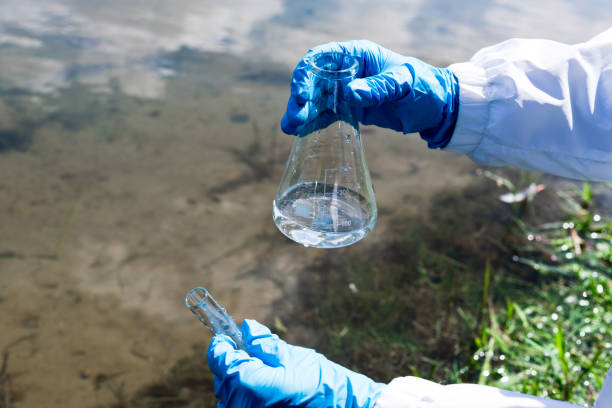
How Water Management & Legionella Testing For Commercial Spaces Works
Understanding how water management & Legionella testing in commercial spaces works can help building owners and managers stay on top of safety and avoid serious problems. It’s not just about taking a water sample. It involves a series of planned steps that keep water systems clean, checked, and safe to use.
1. Risk Assessment: The first step is to carry out a Legionella risk assessment. This checks your full water system to spot where the bacteria could grow. A trained assessor will look at things like:
- Water tanks
- Pipe layouts
- Shower heads and taps
- Air conditioning or cooling systems
They will check water temperatures, how water is stored, and if there are any parts of the system where water sits still for too long.
2. Water Sampling and Testing: After the risk assessment, water samples are taken from key parts of the system. These are sent to a lab for testing. The results will show if Legionella is present and, if so, how much. Even low levels should be taken seriously and dealt with.
3. Putting Control Measures in Place: If the assessment finds areas of concern, action must be taken straight away. Common control measures include:
- Flushing unused outlets regularly
- Keeping cold water below 20°C and hot water above 50°C
- Cleaning shower heads and taps
- Installing filters or upgrading systems
These steps reduce the chances of bacteria growing and help keep the system safe long-term.
4. Ongoing Monitoring and Maintenance: Water management doesn’t end after one test. Regular checks are needed to make sure everything stays in good condition. This includes:
- Repeating water temperature checks
- Cleaning tanks and pipework
- Reassessing risk if building use changes
- Retesting after system repairs or water stagnation
A professional water management service will usually offer a maintenance plan to handle this on a regular schedule.
5. Keeping Records: All work and test results should be logged and stored. This includes dates, actions taken, and results from lab tests. These records are required by law and help prove that your business is taking safety seriously.
In short, water management & Legionella testing for commercial spaces is an ongoing process that protects your building and everyone in it.
Common Mistakes In Water Management & Legionella Testing In Commercial Spaces
Even when businesses have good intentions, it’s easy to make mistakes with water management & Legionella testing for commercial spaces. These errors can lead to increased risk, failed inspections, and even legal trouble. Knowing what to avoid is just as important as knowing what to do.
1. Thinking One Test Is Enough
Many people assume that one Legionella test will keep them covered for a long time. In reality, testing is only part of an ongoing water management plan. A single test shows what’s happening at that moment. But water systems can change quickly—especially if parts of the building are unused or the seasons shift.
Solution: Schedule regular testing and review your control measures regularly.
2. Poor Record Keeping
Some businesses carry out tests and fixes but forget to keep records. This becomes a problem during a health and safety check. Inspectors will want to see a clear paper trail showing what was done, when, and by whom.
Solution: Keep simple, clear logs of all tests, results, and actions taken. Make sure they’re easy to access.
3. Skipping Risk Assessments
Risk assessments aren’t just for ticking a box—they help find the weak spots in your system. Skipping this step or using someone without the right knowledge can lead to missed dangers.
Solution: Always use a trained professional for your Legionella risk assessment, especially if your building has a complex water system.
4. Not Managing Water in Unused Areas
Empty offices, store rooms, or little-used wings can hold stagnant water, which is perfect for bacteria growth. If these areas aren’t flushed or checked, they can become a hidden risk.
Solution: Include all parts of the building in your water management plan, even ones that are rarely used.
5. Ignoring Small Warning Signs
Dripping taps, strange smells, or poor water pressure might not seem like big problems, but they can point to system issues. Left unchecked, they can cause bigger risks later.
Solution: Act early. Fix small issues quickly and use them as a reason to check the wider system.
Avoiding these common mistakes in water management & Legionella testing for commercial spaces helps protect your business, staff, and reputation.
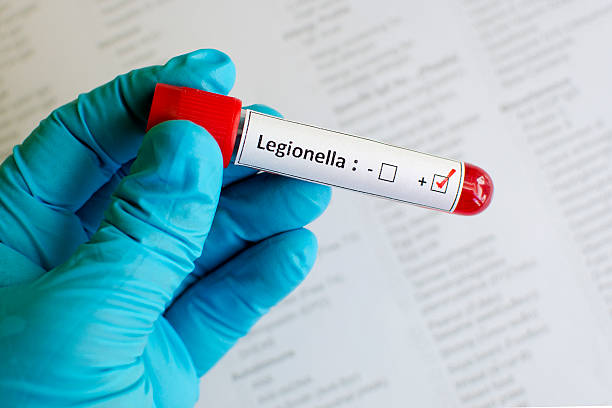
Who Needs Water Management & Legionella Testing ?
Water management & Legionella testing in commercial spaces is not just for large businesses. Any building that stores or uses water in tanks, pipes, or appliances needs to take responsibility for keeping that water safe. If people use or work in your building, and water is being supplied through taps, toilets, showers, or heating systems, you have a duty to check for risks.
1. Offices and Commercial Buildings: Even small offices with kitchens or toilets are at risk if water outlets are unused for long periods. Open-plan buildings with complex plumbing can hold water in pipes that don’t get flushed regularly, which can lead to bacteria building up. If you manage or lease out office space, regular testing is essential.
2. Care Homes, Clinics and Health Settings: These places house people who are more vulnerable to infections. Legionnaires’ disease is more dangerous for older adults or anyone with breathing problems or weak immune systems. For that reason, care homes and medical buildings are expected to have tighter control over their water systems and carry out regular assessments.
3. Schools, Nurseries and Educational Facilities: Children may not be as aware of how to spot risks, and they rely on the building being safe. Showers in changing rooms, unused classrooms, or closed buildings during holidays can all become a hazard if water sits still.
4. Hospitality, Gyms and Hotels: Showers, taps, spa facilities, and drinking fountains are common in hospitality settings. These are high-use water systems that need regular flushing, cleaning, and testing. Customer safety is just as important as staff safety, and one mistake could damage your business reputation.
5. Landlords and Building Managers: If you are responsible for the condition of a commercial building, whether it’s rented to shops, salons, or any other business, it’s your job to make sure the water is safe. This includes shared spaces and facilities used by more than one business or tenant.
Whether your building is big or small, water management & Legionella testing for commercial spaces should be treated as a priority. It protects people and keeps your business legally safe and fully operational.
Let’s Make Your Water System Safe and Compliant
Hiring professionals for water management & Legionella testing in commercial spaces is not just a smart move—it’s a must. I’ve seen what can happen when water systems are ignored. It only takes one oversight for bacteria to grow, and that can put people at serious risk. It can also land a business in legal trouble, damage its reputation, or even cause shutdowns.
When I work with businesses, landlords, or facility managers, my goal is always simple—keep the water safe, keep people safe, and make sure the building stays fully compliant. Testing once and forgetting about it doesn’t work. You need a proper plan, regular checks, and someone who understands what to look for and what to do if something isn’t right.
At Legacy GLM Group, we take the pressure off you. We carry out full Legionella risk assessments, test your water systems, give you clear reports, and follow up with any action needed. We handle the records, schedule regular maintenance, and make sure your building always stays on the right side of the law.
If you own or manage a commercial property in Hampshire, now is the right time to act. Don’t wait for a problem to appear or a visit from an inspector. Keep your building safe, protect your people, and avoid future costs or stress.
Call Legacy GLM Group today on 02392 985 776 to arrange your water management and Legionella testing service. Let’s make your system safe, compliant, and worry-free.
